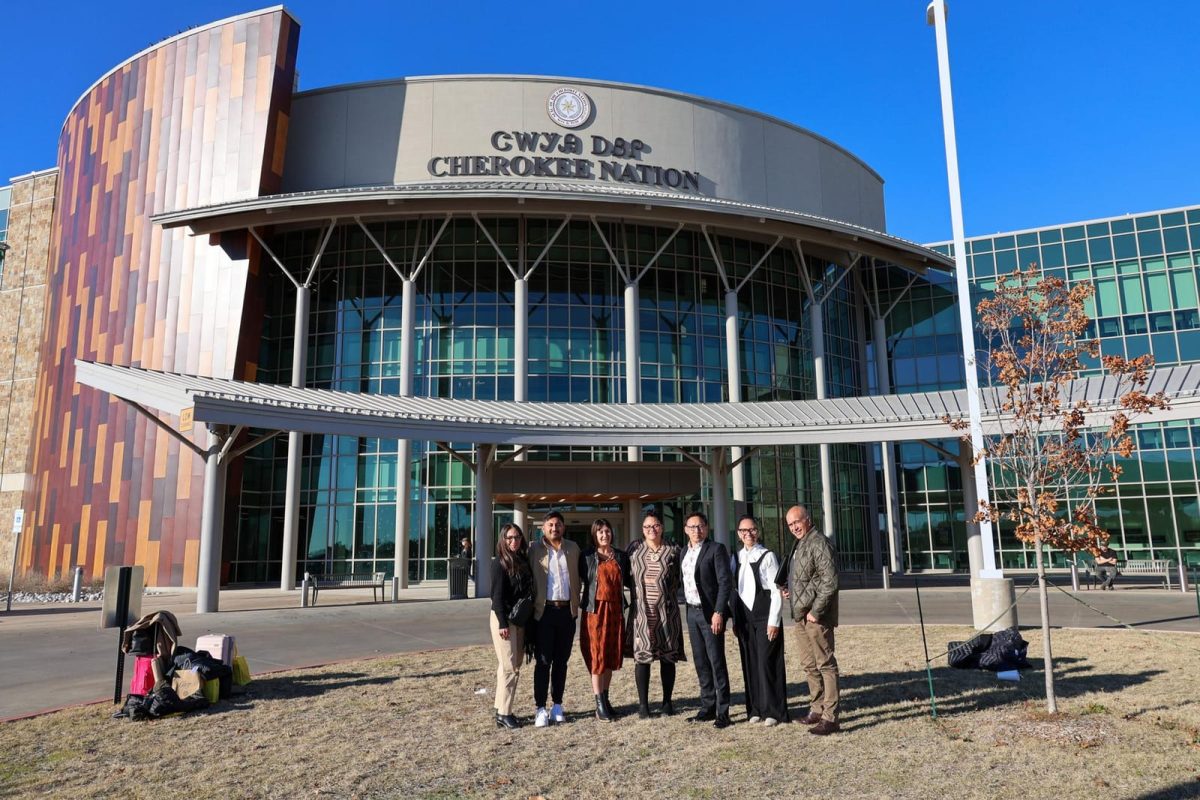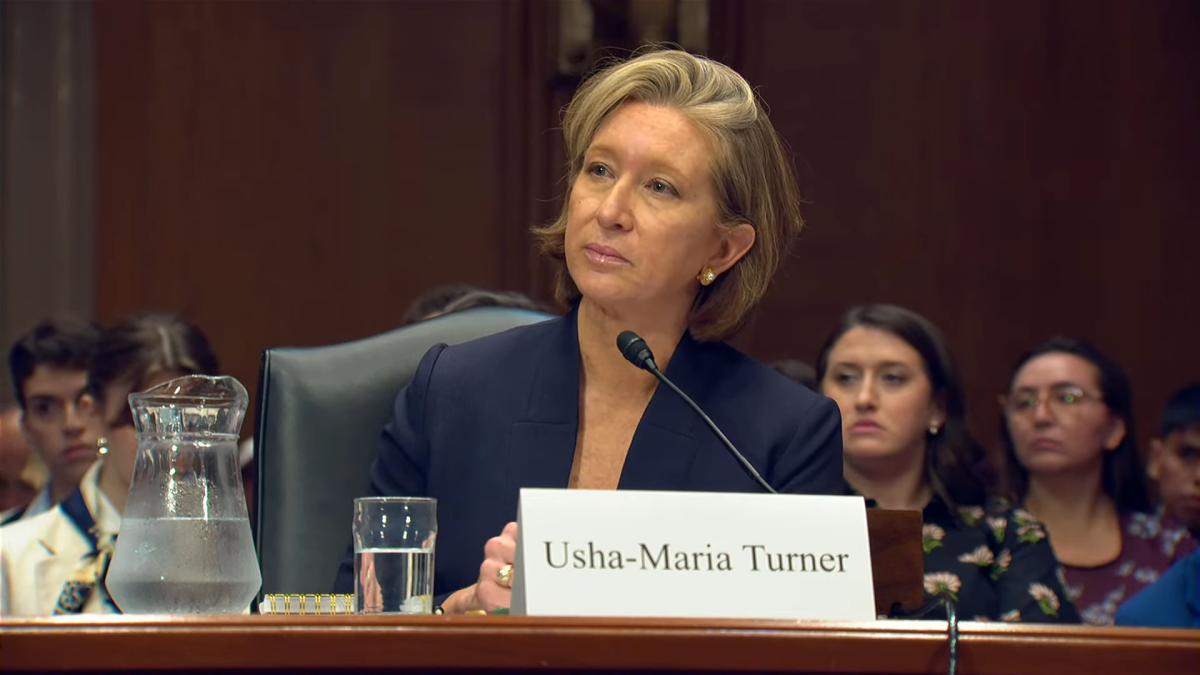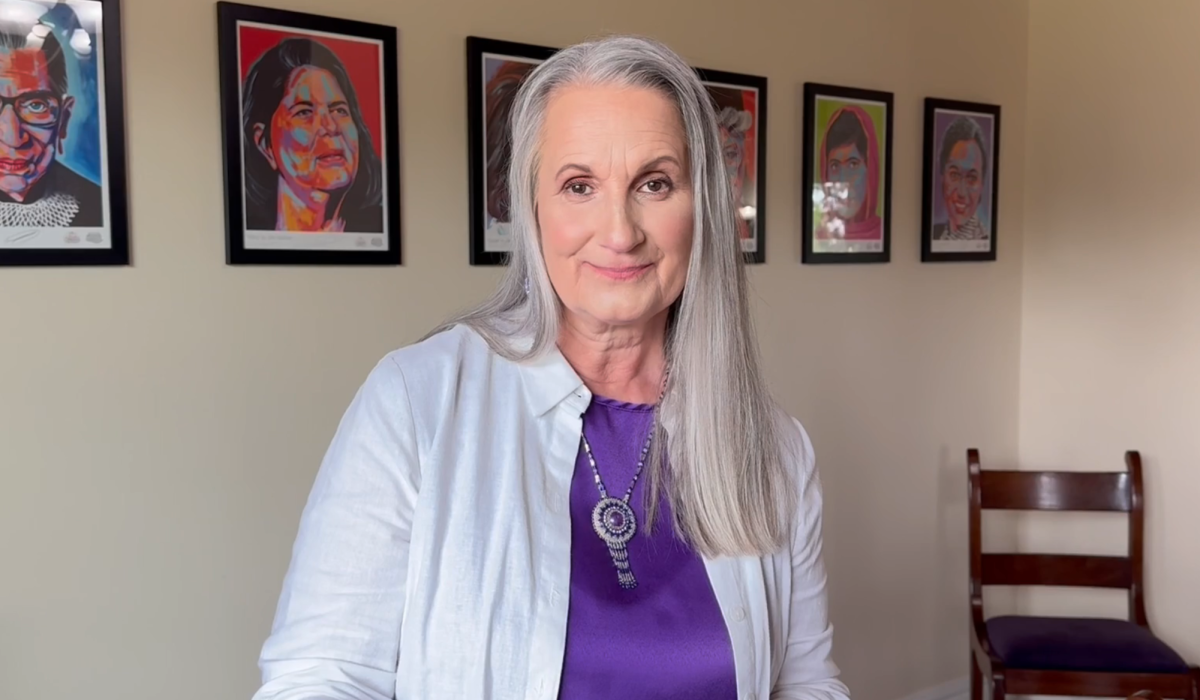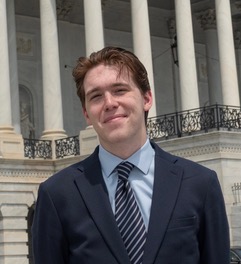WASHINGTON—Native Americans secured exemptions from new Medicaid work requirements and stepped-up eligibility checks under President Donald Trump’s “One Big Beautiful Bill,” a move tribal leaders say protects vital coverage.
Signed into law last week, the sweeping domestic policy bill makes deep cuts to federal programs in order to fund the extension of the 2017 tax cuts. Among its provisions are new Medicaid eligibility rules, including more frequent redetermination checks and so-called “community engagement requirements,” which mandate that most able-bodied adults work, volunteer, or participate in other qualifying activities to retain coverage.
However, tribal lobbying efforts and cooperation with congressional leaders secured a nationwide exemption for American Indian and Alaska Native enrollees from the Medicaid and SNAP work requirements and redetermination checks, shielding tribal members in Oklahoma from some of the bill’s most aggressive coverage restrictions.
An extension was also granted to exempt them from new cost-sharing requirements, which require some Medicaid recipients to pay increased premiums or copays.
“NIHB and our Tribal partners helped secure this important exemption,” the National Indian Health Board (NIHB), a nonprofit that advocates for tribal healthcare, said in a May press briefing after the House initially passed the bill. “Medicaid work requirements without an (American Indian/Alaska Native) exemption would likely cause many … to lose coverage and would place additional strain on the Indian health system resources”
In Oklahoma, American Indians make up 17% of SoonerCare enrollment (the state’s Medicaid program), with 182,494 recipients as of May 2025, according to the Oklahoma Health Care Authority. While the Indian Health Service (IHS) provides care regardless of insurance status, Medicaid brings additional revenue to IHS facilities that is crucial to sustain and expand services.
Early in January, the NIHB sent a letter to House leadership urging Congress to consider exempting the tribe from many of the bill’s provisions, explaining the unique situations that tribal nations face.
“Establishing mandatory work requirements as a condition of Medicaid eligibility will not work in Indian Country because the incentive structures and economic conditions for job opportunity are completely different,” the letter said. “American Indians/Alaska Natives face unique structural barriers that make compliance with the red tape and paperwork necessary to meet work requirements very difficult.”
A similar letter — signed by several tribal organizations, including the National Indian Health Board and the National Congress of American Indians — was sent to House leadership in February, reiterating earlier concerns and raising additional ones.
“The United States fulfills its trust and treaty obligations both through the direct delivery of Tribal programs and services and the provision of federal funding to Tribal Nations to deliver services to our own communities,” the letter said. “These actions are not discretionary; they are legal obligations rooted in treaties, trust obligations, the U.S. Constitution, and long-standing federal statutes.”
While many of the tribe’s most vocal concerns were addressed in the bill, sweeping cuts to the nation’s federal programs still concern tribal leaders. Medicaid bears the largest share, with the Congressional Budget Office estimating roughly $1 trillion in cuts over the next ten years. The Oklahoma Hospital Association projects the state will see more than $6.3 billion in federal reimbursement cuts over the next decade.
With the Indian Health Service widely regarded as critically underfunded, revenue from Medicaid is crucial, with such funding often accounting for 30% to 60% of a select facility’s budget.
“Reductions in the scope or funding of the programs that we access are not only violations of trust and treaty obligations, but will have devastating impacts for our people,” tribal organizations wrote in their February letter.
Gaylord News is a reporting project of the University of Oklahoma Gaylord College of Journalism and Mass Communication. For more stories by Gaylord News go to GaylordNews.net.








